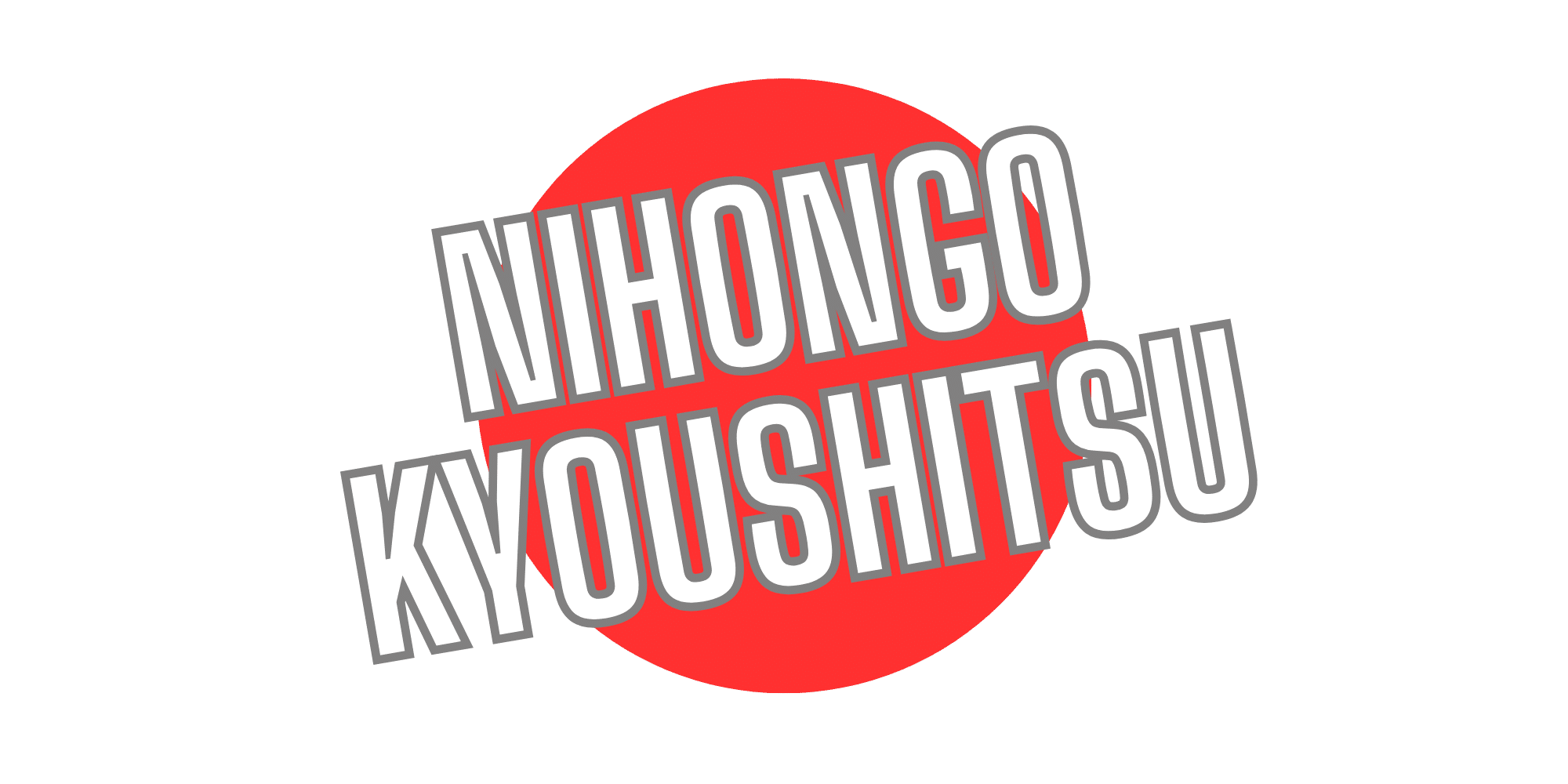In Japanese, several words can be used to refer to a “nation,” each with slightly different nuances depending on the context. Here are the most common terms:
1. Kuni (国)
Meaning: Kuni is the most general and widely used word for “nation” or “country” in Japanese. It can refer to a physical country, a nation-state, or even a region within a larger country. It’s the term most commonly used in casual conversation or official contexts when referring to a nation.
Example: Nihon wa kirei na kuni desu (日本はきれいな国です) – “Japan is a beautiful country.”
2. Kokka (国家)
Meaning: Kokka refers to a “nation” or “state” in a more formal and political sense, often implying the government or the organizational structure of a nation. This term is commonly used in legal, governmental, and academic contexts.
Example: Kokka no seiji (国家の政治) – “The politics of the nation.”
3. Minzoku (民族)
Meaning: Minzoku refers to an ethnic group, nationality, or people, often in a cultural or anthropological sense. It focuses more on the people and their shared culture, language, and heritage, rather than the political or governmental structure.
Example: Minzoku no dentō (民族の伝統) – “The traditions of the people/ethnicity.”
4. Kuni no tame (国のため)
Meaning: This phrase means “for the nation” and is used in more poetic or inspirational contexts, often used in speeches or literature. It conveys a sense of patriotism or national duty.
Example: Kuni no tame ni ganbatte kudasai (国のために頑張ってください) – “Please do your best for the nation.”
5. Shūhen (周辺)
Meaning: While not directly translating to “nation,” shūhen refers to the surrounding areas or regions, sometimes used to describe the nations surrounding a particular country in geopolitical contexts.
Example: Tōyō no shūhen (東洋の周辺) – “The surrounding regions of the East (Asia).”
These terms highlight the different aspects of the concept of a “nation,” from its political structure to its cultural identity.
